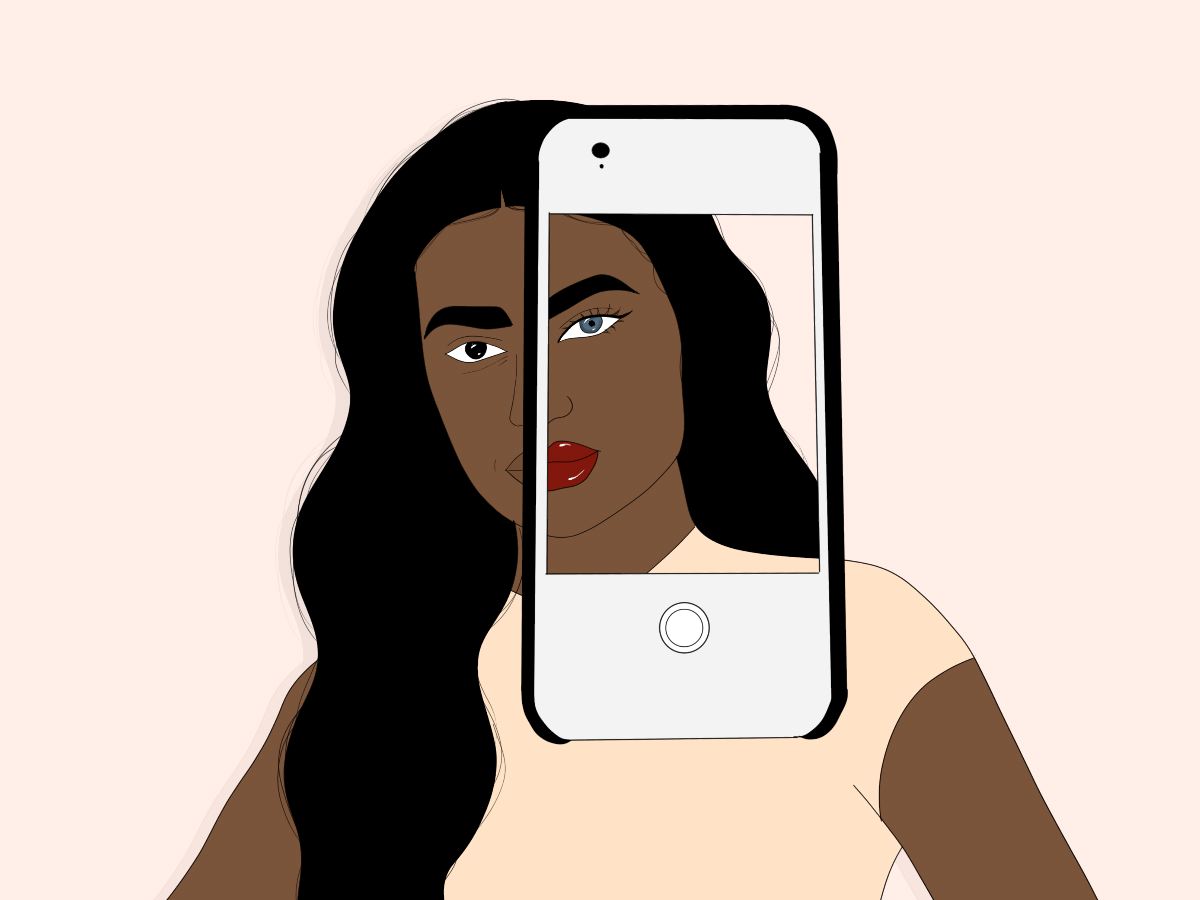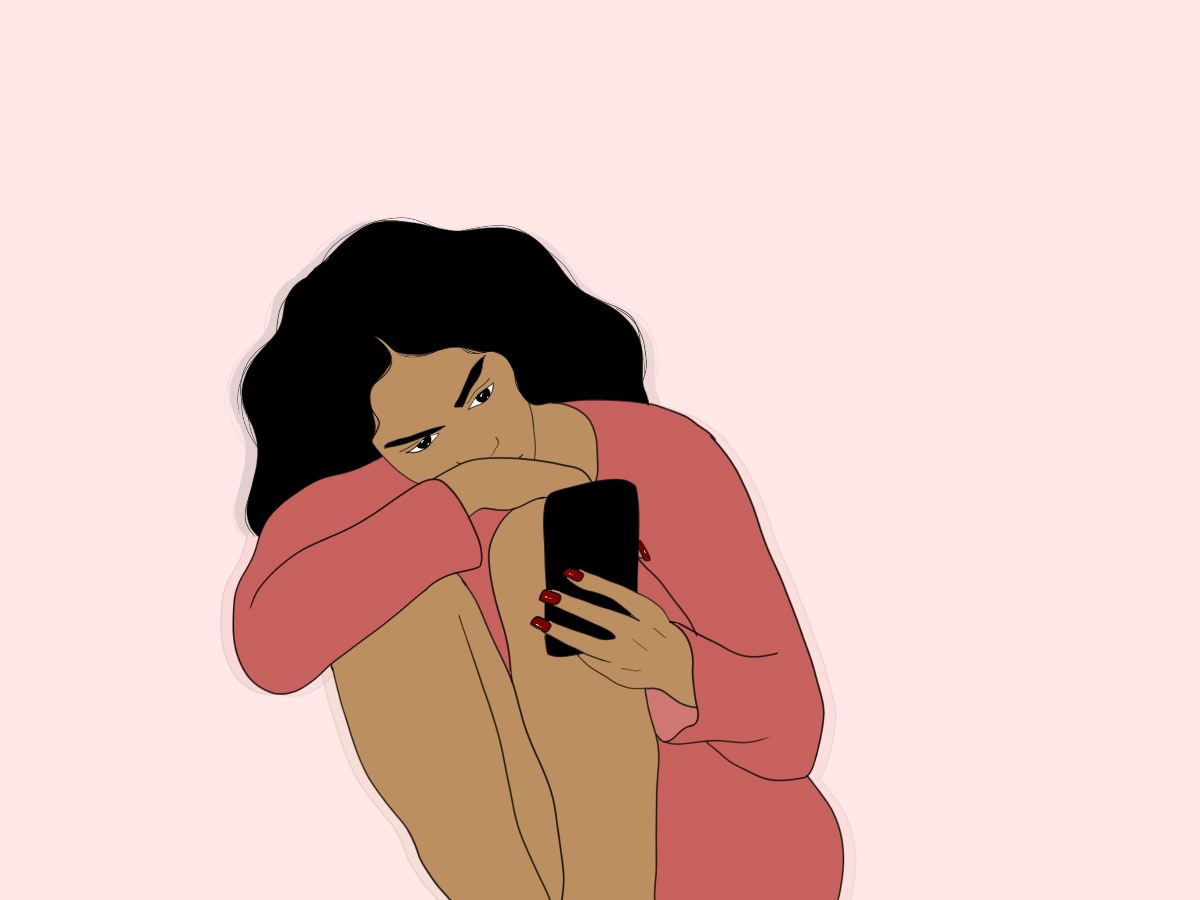Youtuber Adella Afadi’s video Am I broke or is everyone faking it has reignited the extent to which FOMO, social media and comparison culture is affecting a generation of young people. This black hole is based on online performance and is sadly a yardstick to our happiness. It can range from seeing luxury unboxings, job promotions or someone having a blast at a party.
Similarly, to Afadi’s video, the Netflix documentary The Social Dilemma has been another eye-opener. The documentary highlights how the engineers behind the internet use our own psychology against us. For example, our likes and retweets on social media posts not only activate dopamine, the happy hormone, but conflate feelings of reward, value and truth. All in all, this is designed to be an addictive and everlasting loop.
As a generation, we are many great things. However, vulnerability and pressure have been widely reported when using social media for prolonged periods of time. A study by Primak et al (2017) found a link between the use of multiple social media platforms and increased depression and anxiety in young people aged between 19 and 32.
The saying we are a “sad generation full of happy photos” rings morbid alarm bells. However, I believe there are small steps we can take that can remind us we all deserve some grace whilst living in a society that is characterised by overconsumption, capitalism and constant “grind culture”.
Take social media with a bag of salt

We all have to remember that social media is a curated online persona. Instagram is no longer instant; with the help of an edit button, we take hours to decide on the best photo(s). It’s no secret the smiles only come out when the cameras are on. And on LinkedIn, we only celebrate someone’s achievements without factoring in their failures.
Similarly, it’s easy to pedestal someone’s relationship that is on the brink of separation or overlook that our favourite influencer’s new penthouse was bought on loan. As negative as this sounds, this is the reality of life. Although social media does capture honest and happy moments, like all moments in life, feelings are fluctuating and fleeting.
What are you really looking for?
Although it’s important to stress that there’s nothing wrong with growing your social circles and trying new things, you need to know why you’re doing this. It’s okay to feel inspired or take ideas. But it’s important to sit with yourself and look deeper. Why does missing out on events or not feeling like you’ve professionally achieved enough create an ocean of inadequacy? What is it you’re looking for?
As humans, we’re social creatures and the desire to belong is best for our survival. However, beneath the notion of “living our best lives” lies the desire for validation, community and identity. Thus, being on the receiving end of this can create a slippery slope of pedestaling certain people or situations that we believe, if we partake in, we’ll be socially accepted.
It’s a stark realisation that we are indeed disconnected from ourselves and seeking external validation to compensate. Admitting and identifying you feel uncomfortable or even jealous can help you slow down and ask yourself why?
BABY GURL GIVE UP!
The honest reality is that there will always be someone more than you. More successful, beautiful and intelligent – that’s life. But the way we combat this is we give up trying, competing and comparing. We surrender and spend more time comparing us to us. Where was I a year ago? What am I grateful for? What are three things I would like to achieve in the next year? We know ourselves better than anyone else, yet we are less likely to extend grace and kindness to ourselves. Giving up also allows space for the right people and opportunities to form organically. If you need help, have a look at Body positivity in the digital age: Loving yourself in a world of feeds, filters and followers.
What can we do instead?
There are many tools available that can help us stay grounded in reality. For example, following more honest content creators that deal with real bodies such as @its_just_acne or political awareness like @UKFacteCheckPolitics, have been refreshing to see on my timeline rather than the backlog of flawless Instagram models.
We are accountable for what we access and it’s perfectly acceptable to unfollow or mute people that don’t serve your interests, passions or belief systems. Another helpful tool is to limit our time on these apps; deleting apps and only uploading them when you’re ready to post or scroll. This helps put the brakes on having constant and mindless access to other people lives and gives you the space to check in with your own.
Spending time releasing endorphins through exercise, good food and loved ones can help you reduce the disconnection you feel and remind you that people do care about you. It’s perfectly human to compare, feel jealous or even desire someone else’s life when met with something online but how we navigate those feelings to create healthier responses in oneself is key.
Find more health and well-being articles here >
Written by Saheera Ausaluth
Illustrated by Francesca Mariama

